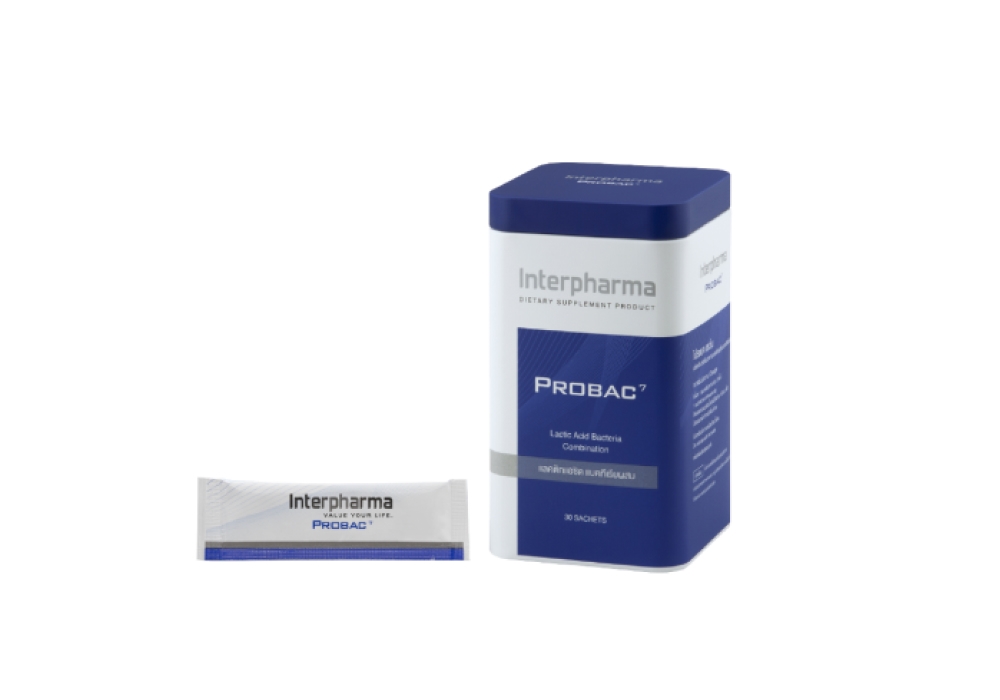Supplements Men Should Take According to Age and Needs

Supplements Men Should Take According to Age and Needs
Choosing the right supplements for men is not an easy decision because the body's needs differ significantly in each stage of life. From young adulthood, which demands high energy levels, to middle and older age, where the focus shifts to maintaining bone, heart, and immune system health, understanding which vitamins are crucial for men at specific ages will help you make targeted and highly beneficial choices. This article will guide you through the supplements recommended for different age groups and needs, enabling you to take comprehensive and appropriate care of your health.
Why Men Should Pay Attention to Supplements
The daily life of a modern man is filled with stress, hard work, exercise, and various activities that require high energy. This makes dietary supplements necessary to compensate for what is lacking. Although a primary diet is important, regular food may not always be sufficient to meet the body's demands at every age. Especially as one gets older, the body's ability to absorb nutrients decreases, while the need for certain minerals for men increases. Therefore, choosing the right supplements is essential for long-term health care.
Benefits of Taking Age-Specific Supplements
Taking supplements appropriate for your age helps strengthen the immune system and reduces the risk of chronic diseases commonly found in men, such as heart disease, high blood pressure, and prostate problems. Furthermore, it helps increase energy, muscle and bone strength, and supports the proper functioning of the nervous system and brain. All of these contribute to a better quality of life at every stage. Each type of vitamin for men plays a crucial role in specific aspects of health care, and selecting them correctly is the key to good health.
Supplements for Adolescents and Young Adults (18-25 years)
Adolescence and young adulthood, from ages 18 to 25, is a period of continued growth and high energy demand. Intense physical activity, studying, exercising, and muscle building are often priorities for men in this age group. Therefore, selecting supplements for men during this time should focus on enhancing muscle, bone, and immune system strength to build a solid foundation for future health.
Key Vitamins and Minerals for Young Men
- Vitamin D: This is a crucial nutrient that aids in calcium absorption and strengthens bones, especially during the body's growth phase. Adequate vitamin D intake helps prevent osteoporosis in the future. In addition, the B-complex vitamins are important for boosting energy and supporting a healthy metabolism, particularly Vitamin B12, which aids in the formation of red blood cells and supports the nervous system. Key minerals for men in this age group include Zinc, which supports sex hormone production and boosts immunity, and Magnesium, which is vital for muscle and nerve function.
- Protein and Amino Acids: For young men who enjoy exercising or playing sports, suitable age-specific supplements include whey protein and BCAAs (Branched-Chain Amino Acids). These help repair and build muscle after a workout, allowing the body to recover faster and effectively increase muscle mass. Additionally, Creatine is another option that helps increase power and strength during exercise.
Supplements for Working-Age Men (26-40 years)
Upon entering the working-age years of 26 to 40, men often face work-related stress, increased responsibilities, and a fast-paced lifestyle, all of which impact both physical and mental health. Insufficient sleep, an incomplete diet, and a lack of exercise are common problems in this age group. Therefore, supplements for men in their working years should focus on boosting energy, reducing stress, and supporting heart and brain health.
Vitamins and Minerals to Reduce Stress and Increase Energy
- B-Complex Vitamins: These vitamins are absolutely essential for working-age men as they help convert food into energy, reduce fatigue, and support proper nervous system function. Vitamin B6, in particular, aids in the production of serotonin, which affects mood and sleep. Furthermore, Vitamin C helps strengthen the immune system and acts as an antioxidant to slow down cellular aging. Omega-3 from fish oil is another excellent choice for maintaining heart health and reducing inflammation in the body.
- Supplements for Skin and Hair Health: At this age, some men may begin to experience hair loss or dull skin due to stress and pollution. Biotin, or Vitamin B7, helps strengthen hair and nails, while Vitamin E nourishes the skin and protects it from sun and pollution damage. Taking age-specific supplements rich in antioxidants can also help slow down the signs of aging and maintain a youthful complexion.
Supplements for Middle-Aged Men (41-55 years)
Middle age is a period when the body begins to show more noticeable changes. Testosterone levels start to decline, metabolism slows down, and the risk of chronic diseases such as heart disease, diabetes, and prostate issues increases. Consequently, supplements for men in this age group should focus on maintaining hormone levels, supporting heart health, and preventing potential future illnesses.
Vitamins and Minerals for Heart and Hormonal Health
- Coenzyme Q10: This is a vital substance that aids in energy production for cells, especially heart muscle cells. Taking Coenzyme Q10 helps improve heart function and reduces the risk of heart disease. In addition, Vitamin D and Calcium remain important for maintaining bone strength, which begins to decline in this age group. As for minerals for men, Selenium supports prostate function and acts as an antioxidant that helps prevent cancer.
- Supplements for Energy and Strength: Vitamin B12 becomes increasingly important in middle age because the body's ability to absorb it decreases with age. A deficiency in Vitamin B12 can lead to fatigue, memory loss, and nervous system problems. Taking a men's vitamin that includes B12 will help maintain energy levels and cognitive function. Furthermore, Phosphorus aids in muscle and nervous system function.
Supplements for Senior Men (56 years and older)
As men enter their senior years, from age 56 onwards, the body's needs change significantly. Common health issues include osteoporosis, osteoarthritis, memory decline, and problems related to the heart and blood vessels. Therefore, supplements for men at this age should focus on caring for the skeletal and joint systems, brain health, and maintaining a strong immune system.
Vitamins and Minerals for Bones and Joints
- Calcium and Vitamin D: This pair is indispensable for bone care in seniors, as it helps prevent osteoporosis and maintain bone strength. Taking calcium alone is not enough; Vitamin D is required to aid its absorption for maximum benefit. In addition, Glucosamine and Chondroitin help nourish joints and reduce the symptoms of osteoarthritis commonly found in older adults. For minerals for men, Magnesium supports muscle and cardiovascular system function.
- Vitamins for the Brain and Memory: Vitamin E is an antioxidant that helps protect brain cells from degeneration and reduces the risk of Alzheimer's disease. Meanwhile, Folic Acid, or Vitamin B9, supports brain and nervous system function. Taking age-specific supplements containing a B-complex will help maintain mental sharpness and memory. Additionally, Omega-3s from DHA and EPA also help nourish the brain and reduce inflammation in the body.
Conclusion
Choosing the right supplements for men according to age and specific needs is crucial for helping you maintain good health and strength throughout your life. From young adulthood, which requires energy and muscle building, to the senior years, which demand care for bones, joints, and the brain, the consumption of age-specific supplements should be done consciously and within recommended dosages. Do not forget that supplements are only a complement; a nutritious main diet, regular exercise, and adequate rest remain the cornerstones of good health. If you have any questions about which vitamins or minerals are right for you, you should consult a doctor or a nutrition specialist for advice tailored to your specific health needs.











